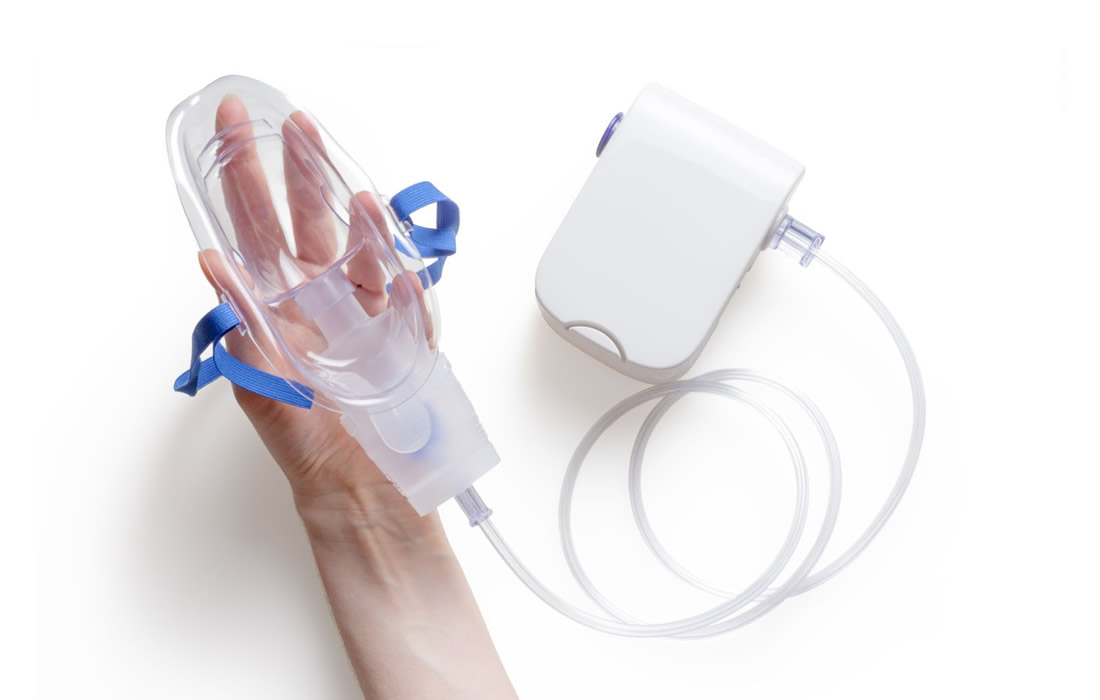Regenerative Medicine News and General Information
Hypoxia Can Damage the Lungs as Much as Asthma Attacks
If you’ve ever struggled to breathe, you’ve had a moment of hypoxia.
Experiencing hypoxia is a known trigger for developing and worsening lung conditions such as severe asthma, chronic obstructive pulmonary disease (COPD), and fibrosis. To treat and prevent these diseases, researchers need to understand why a lack of oxygen would affect the immune system.
New research shows that hypoxia can activate the same group of immune cells that cause inflammation during asthma attacks.
“We show how lack of oxygen can be part of a feedback loop that can contribute to even worse inflammation,” says LJI Professor and Chief Scientific Officer Mitchell Kronenberg, Ph.D. “This work gives us insight into the causes of fibrosis of the lung and severe asthma.”
Kronenberg and his colleagues worked with a genetically altered mouse model to mimic the signals of hypoxia in the airway’s epithelial cells, which line the paths to the lungs. They discovered that combining the hypoxia signals with inflammatory signals stimulated the “innate,” or rapidly responding immunity, and an immune cell type called an ILC2.
An ILC2’s job is to make signaling molecules that quickly alert other immune cells to react to a pathogen. Unfortunately, ILC2s sometimes over-react and respond to harmless environmental allergens. In these cases, ILC2s churn out cytokines that drive mucus production and inflammation in the lungs. All this swelling and mucus leads to hypoxia.
ILC2s respond to hypoxia as well, adding to the lung damage already caused during an asthma attack.
“We’re finding that many molecules with no previously known role in the immune system can also be important for immune function,” says Kronenberg.
The researchers showed that human lung epithelial cells exposed to hypoxia also produced adrenomedullin (ADM), ADM is known for its role in helping blood vessels dilate, but until now it had no known role in immune function. This means ADM or its receptor could be targets for treating inflammatory and allergic lung diseases.
“ADM is a new target for lung diseases and has been implicated in bacterial pneumonia as well,” says Kronenberg. “But blocking it would have to be done carefully.”
Sources:
Jihye Han, Qingqing Wan, Goo-Young Seo, Kenneth Kim, Sarah el Baghdady, Jee H. Lee, Mitchell Kronenberg, Yun-Cai Liu. Hypoxia induces adrenomedullin from lung epithelia, stimulating ILC2 inflammation and immunity. Journal of Experimental Medicine, 2022; 219 (6) DOI: 10.1084/jem.20211985
La Jolla Institute for Immunology. “Stopping lung damage before it turns deadly: Scientists discover new drug target for severe asthma, fibrosis.” ScienceDaily. ScienceDaily, 9 May 2022. <www.sciencedaily.com/releases/2022/05/220509162810.htm>.
Images from:
Photo by Mockup Graphics
https://unsplash.com/photos/2WlwSXFw7Kk

